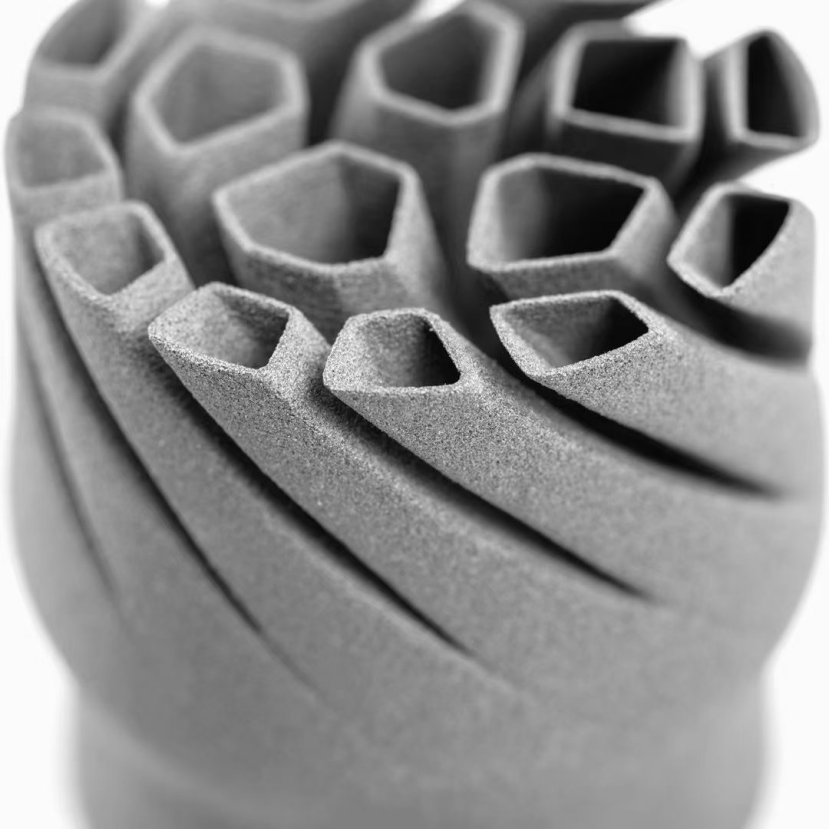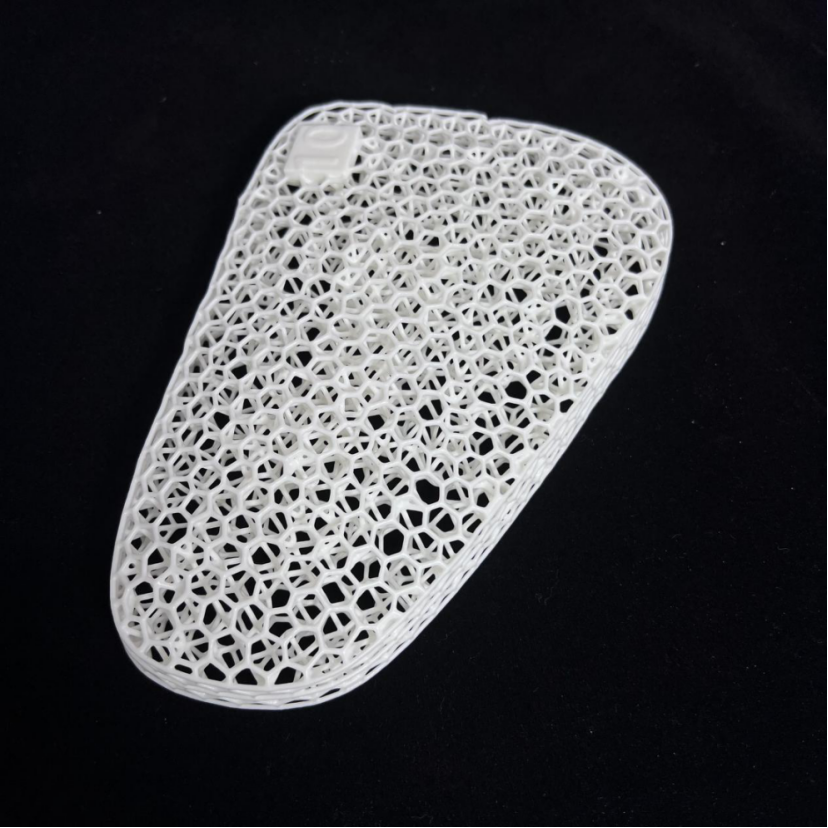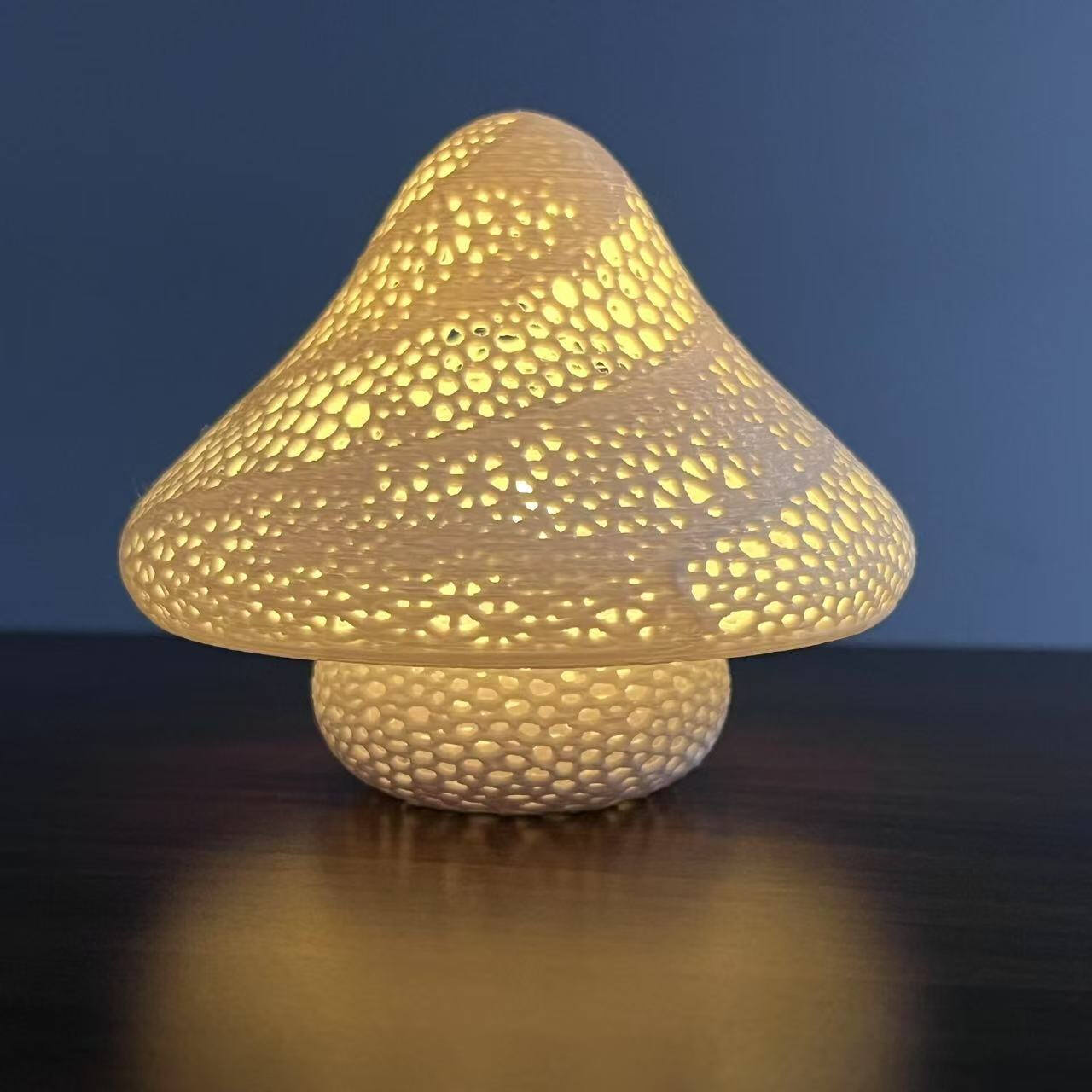rapid prototype development
Rapid prototype development is a revolutionary approach to product creation that enables businesses to quickly transform concepts into tangible models. This methodology combines advanced computer-aided design (CAD) software, 3D printing technologies, and iterative testing processes to create functional prototypes in a fraction of the traditional development time. The process typically begins with digital modeling, where designers use sophisticated software to create precise 3D representations of the product. These digital designs are then brought to life through various manufacturing techniques, including additive manufacturing, CNC machining, and injection molding. The rapid prototype development system integrates multiple technological features such as real-time design modifications, material optimization, and quality control mechanisms. It supports various applications across industries, from consumer electronics and automotive parts to medical devices and aerospace components. The system's main functions include design validation, functional testing, ergonomic assessment, and market feedback collection, all while maintaining cost-effectiveness and reducing time-to-market significantly.


